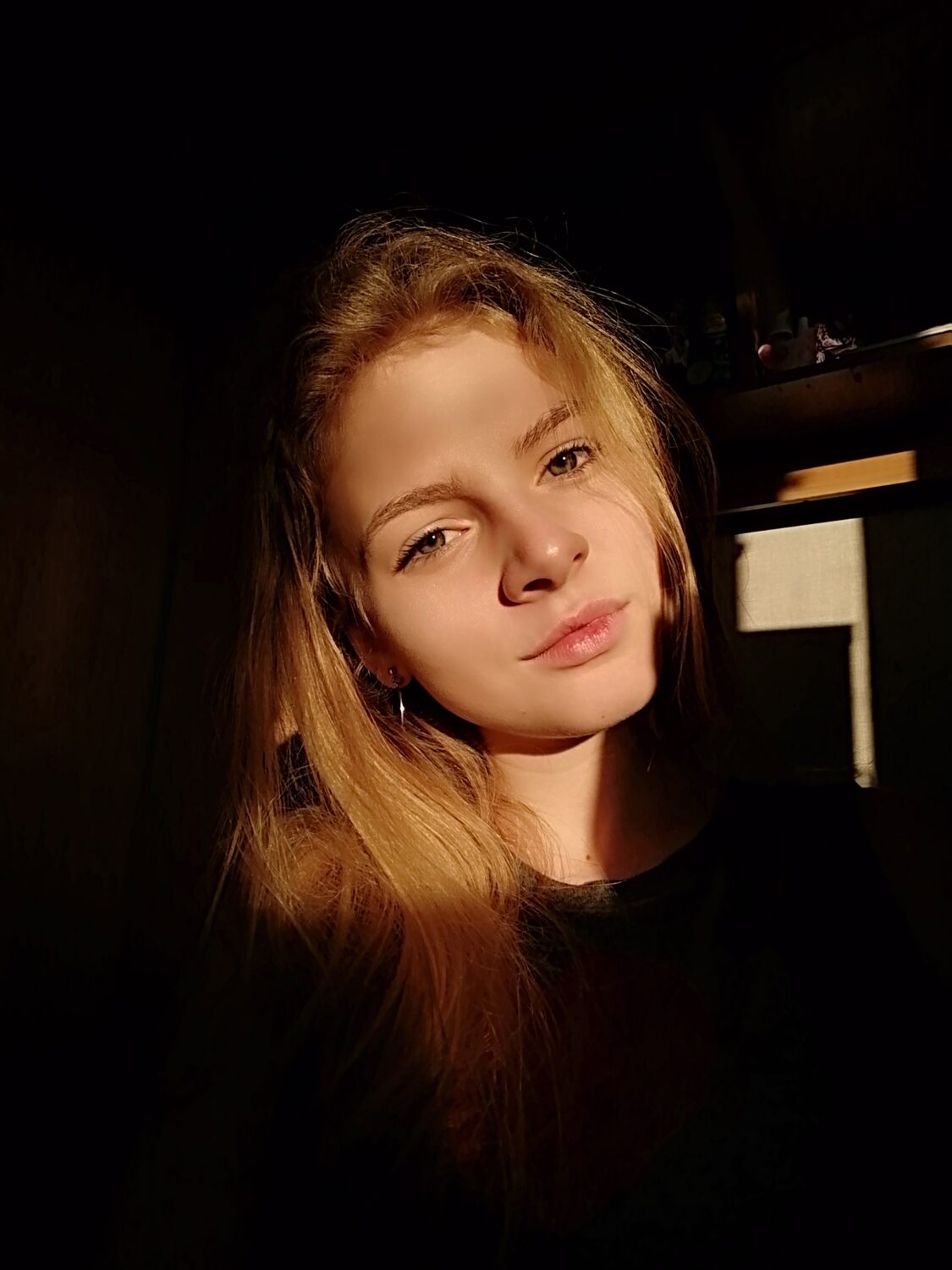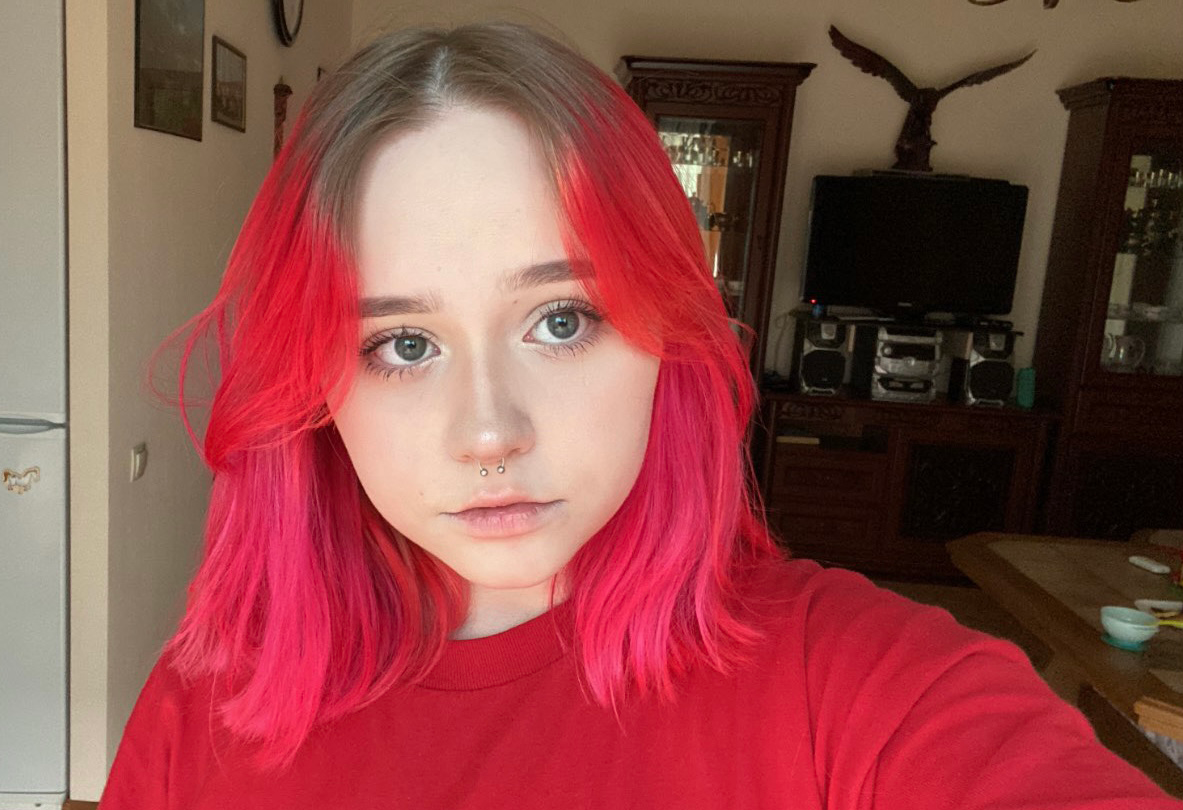
How the war affects young Ukrainians (part 3): ‘I want to talk to people, not write to them’
This feature is the third one in our 21bis series, How the war affects young Ukrainians, about challenges in a Ukrainian student’s life. When the war started, everything just turned everything upside down. Read Katia’s story, who had to leave her home and move to Khmelnytskyi, in the western part of Ukraine.
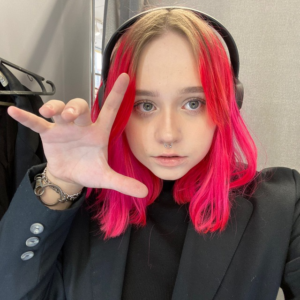
Katia (19) is from the Odesa region and studies Journalism in Kyiv. Before February 24, she had been leading a life that young people have: beautiful, incredible, quiet, chilly, and measured. Katia plays the guitar and writes songs. Now she and her mom live in Khmelnytskyi, Ukraine. At this moment, she is trying to combine her studies and work.
What is your last memory before Russia invaded Ukraine on February 24, 2022, and after the war had started?
‘I went home by train on February 21. On that day, Putin published a one hour and a half video with the recognition of the Republic of DNR and the LNR*. Before the video had been uploaded, I was sceptical about a possible war. But when this psychotic told such nonsense, I suddenly realized the war would happen.’
‘I woke up on February 24 because my brother had online classes. He sat in the room where I slept. I wondered why he did not go to school; perhaps there was some urgent lockdown. Later, my friend called and asked me if everything was alright, and I wondered what had happened.’
My friend said: ‘Putin attacked’. I thought: it is an awful joke. I listened to the news. They said the same
‘My friend said: ‘Putin attacked’. I thought: it is an awful joke. I listened to the news. They said the sameIt wasn’t a joke. And then I heard the explosion.’
Where are you now, and what are you doing? How has your everyday life changed?
‘I am now in Khmelnytskyi (west of Ukraine). I will probably do the same as in Kyiv: working, and playing the guitar.’
‘Everyday life has changed in the sense that I live with my mother again, and I feel like I’m in secondary school again’
‘Everyday life has changed in the sense that I live with my mother again, and I feel like I’m in secondary school again. She’s trying to control me again. “Katia, where are you going? Did you ask me?” I have no friends here, and I’m missing my beautiful friends. I feel a lack of independence and separation, and there is no motivation to do something.’
‘It is tough because I am sitting here; I do not feel a war going on because it is quite peaceful here. That’s why I have tricky things on my mind, like “oh, maybe I can go to Kyiv”. And then I watch how the city is bombed, and I want to go home, that’s all.’
How did your relationship with your relatives change during the full-scale invasion?
‘I stopped communicating with my grandparents because we lived with them for two weeks after the full-scale invasion began. They are separatists and collaborators, I suppose, and they think I’m a neo-Nazi.’
Do you not communicate with them at all now? When the war is over and we win, will you try to resume communication?
‘Now, I do not think that I will continue to communicate with them because they tell me that they are ashamed of me, that I am a fascist and a Nazi. Well, I don’t particularly appreciate hearing that from my family.’
What is the main difference between Katia before and after February 24 and Katia?
‘I started to be afraid of thunder. We had a downpour recently and thunder at night. I was so scared. I understood that it was thunder, but it was very difficult for me to convince myself that it was not explosions, that everything was fine. It’s just a downpour, and all is well.’
Have you made new friends?
‘It is very difficult for me. I never thought that finding friends in adult life would be so difficult because I don’t know where to find them’
‘I have used all the special apps. But they don’t work. The people on those apps are probably not looking for friendship but a relationship and sex. Besides, it’s very difficult to find people there who are interesting to you. And to be interesting to them.’
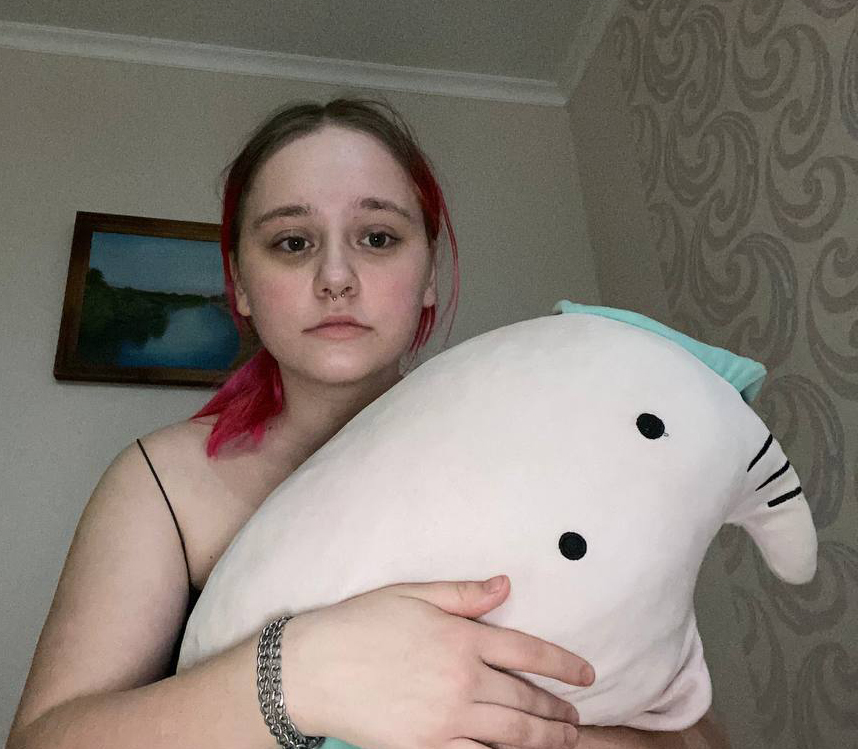
‘I recently found a girl in Khmelnytskyi. I stupidly wrote to her on Instagram, “let’s be friends”. Like in primary school, we are communicating now. Unfortunately, I can not go for a walk with her for a week because of work. Maybe during weekends, we will meet. I hope we will be friends because the dialogue is going well.’
‘I just got used to the fact that, at first, I lived in the same town as my friends. I was a part of many groups of friends, and I was constantly walking with someone. Then I moved to Kyiv where I shared a flat with girls. So, I always had my friends close to me. After that, I moved to a dormitory, where there are always lots of people. I had so many friends and real-life communication. Social networks are not enough for me. I want to talk to people, not write to them.’
That is before you hadn’t problems finding friends, because…
‘I never had to look for friends. They somehow appeared in my life, through encounters at school. Everyone gets to know each other there, and there is also a new society in the dormitory. It’s like coming to a new job and a new team, and you’re almost one hundred percent sure that you will meet someone new.’
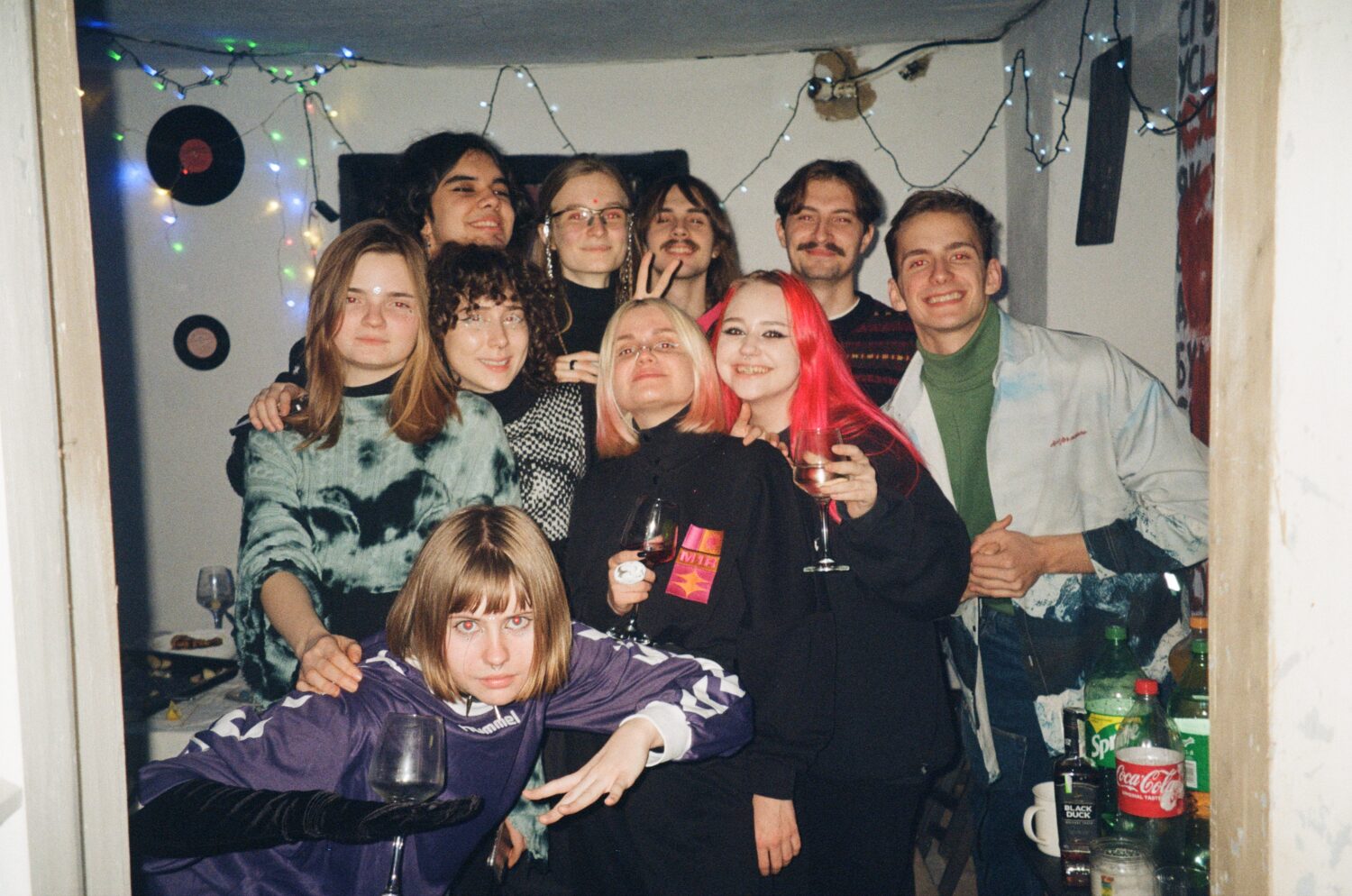
‘But here, I do not have something that could introduce me to a new society. I’m walking down the street, for example, I don’t just go to a cool company and say, “Guys, we’re so cool. Let’s be friends”. Well, it’s a fringe. How old am I? I don’t know; nothing would immerse me in new people and give me new people. And to look for friends, I never looked for them.’
‘The first thing I will do after the war is come to Kyiv, go to a big party with my friends, and celebrate as if the war had never happened.’
*The Donetsk People’s Republic (DNR) and the Luhansk People’s Republic (LNR) are two unrecognized quasi-states located in the Donbas region of eastern Ukraine. Internationally, the territory they occupy is recognized as part of the Donetsk and Luhansk region of Ukraine, respectively.
Curious about the other stories? You can find them following the links below:
– How the war affects young Ukrainians (part 1): ‘I had to become an adult at the age of 20’
Text: Anastasiia Kerpan & Nataliia Huchok
Photo: © Katia Dehtiarenko




